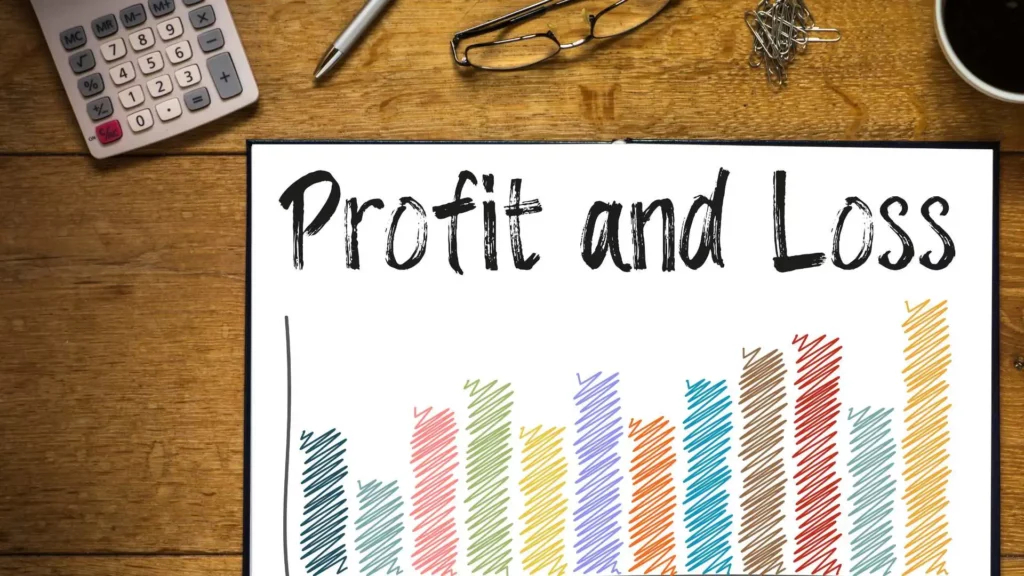Over a period of time, the non-clearance of debts can lead to their evolution and transform into a huge liability that consumes much of your time and thinking that otherwise can be used for other result-oriented financial strategies.
Paying off old debts should be both your need and want.
Bad Debts Are ‘Cancerous’
If you are preparing yourself for a major financial milestone, like buying a house without paying off the bad debts then you are inviting added baggage and stress. Ideally, the money used to clear the bad debts must go towards the home loan, which is also a debt but a good one.
Bad debts are generally small ones that when unattended grows into a headache in the future. These debts keep adding up mainly due to the unnecessary expenses that can be avoided if you are wary about your spending habits.
How To Get Rid Of Bad Debts
You may lose track of your bad debts as they pop up every now and then. So, the first and foremost step is to list all your bad debts i.e. old and past-due debts.
Begin by listing the amounts you owe which includes the companies who are currently holding your debt. If the companies have sold your debt to collection agencies then you’ll have to work directly with them than the original company.
How To Settle Your Debts
Some of your small bad debts that are within your reach can be closed instantly by keeping aside some of the money from your income. However, some debts might be a slightly bigger amount and need your consistent effort.
Try your level best to negotiate to pay less than you owe since many collection agencies buy the bad debts for much less than what is actually owed.
Take One At A Time
It is always advisable to have the amount you are willing to settle in cash, so you can pay off that debt as quickly as possible.
When you are negotiating a settlement with lenders, you will need to pick a reasonable number to offer. A good rule of thumb is to try having the company drop some other fees and late charges while offering half of what you owe.
While debt settlement is a good option for some people, it is safe to pay the debt one shot if you can afford to.
The Principle Of Debt Settlement
When you try to settle debt with a company, you offer or agree to pay less than you owe in return for the rest of the debt to be forgiven. The negotiation can be anything between 20-30% of the original amount that you owed.
Remember, you must pay the negotiated amount in one lump sum within a few days of making the agreement with the company. However, debt settlement has the advantage of clearing up your debt much more quickly than paying it off. On the contrary, debt settlement negotiation makes you realize and take care of your debt rather than ignoring it.
Drawbacks Of Debt Settlement
Let’s say you choose the best debt payoff plan, still, it will take you years to pay off a substantial amount of debt, which will only push your other financial goals back, as well.
Your credit score can be affected due to debt settlement since the payment for debts is not full. You can only handle one debt at a time, which means you should expect collection calls while you are trying to save up money to pay off your debt settlement.
Strictly Follow Budgeting
Once you get into the act of the debt settlement process, you should do everything you can from becoming negligent on your bills. The best way is to stick to a strict budget or by taking the help of an emergency fund, and perhaps seek ways to additional incomes through part-time, gigs, or freelance jobs.
When you are dedicating time for the right cause or for something that happened due to your carelessness is worth it. Debt clearances can take their own sweet time whether it is bad or old but the challenge is to prevent new debts.
Bottom Line
Debts are common and tackling it needs a normal but sincere effort while not doing anything big that can push you into serious trouble. The options can be tempting so think several times before locking on any of them. Alternately, clearing debts yourself puts you in the driver’s seat than allowing third parties to get into the act.


























